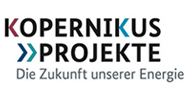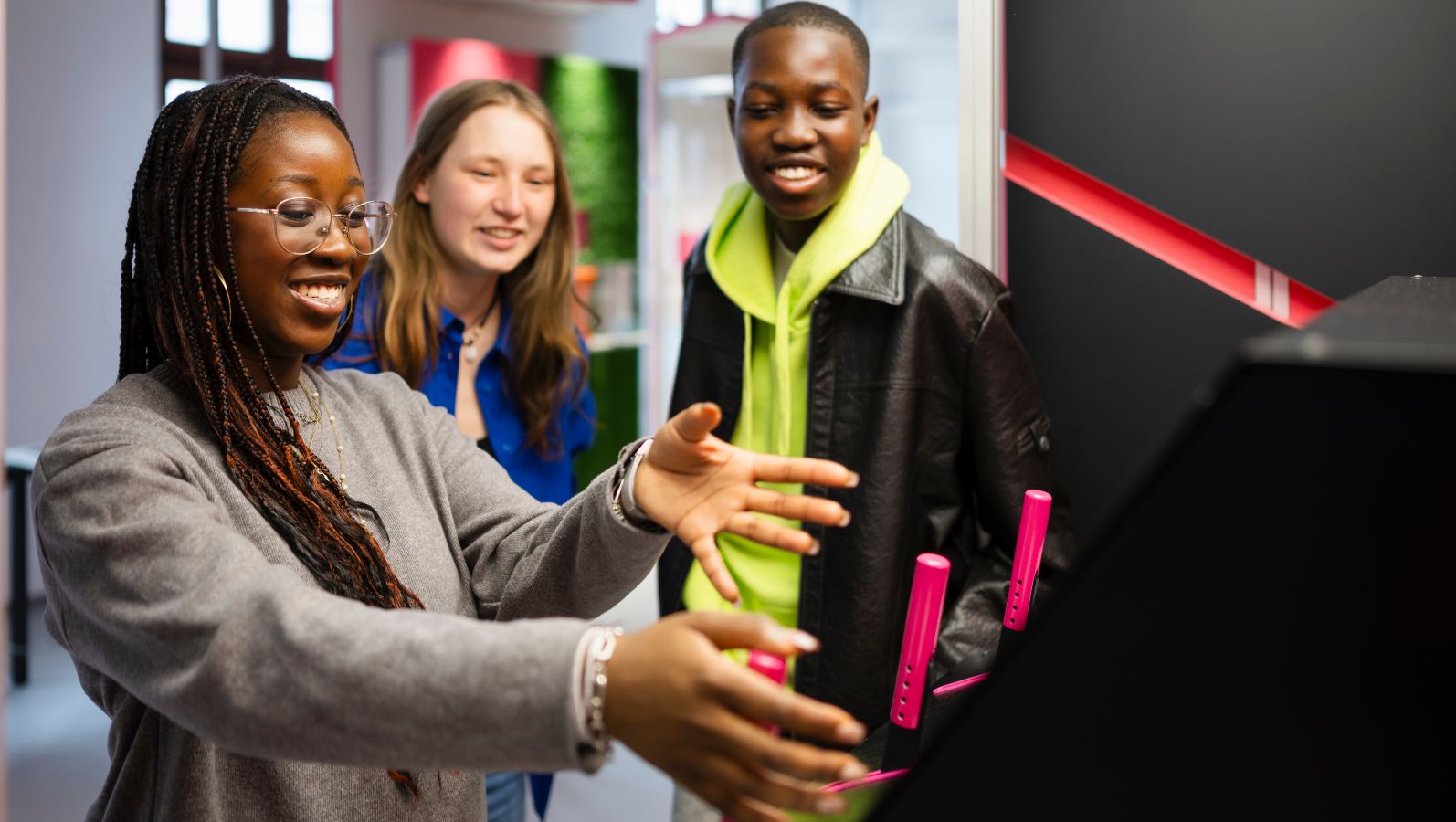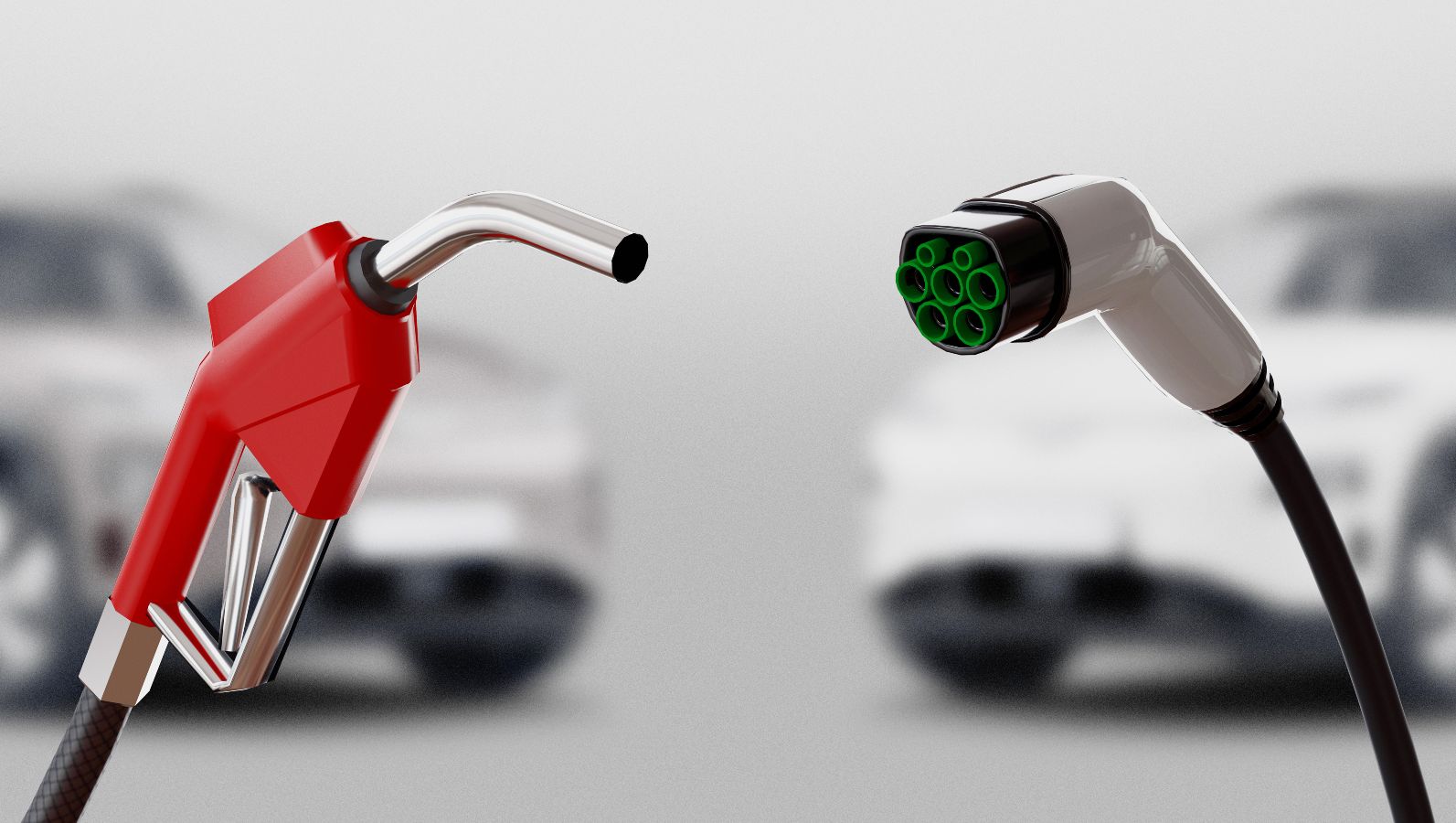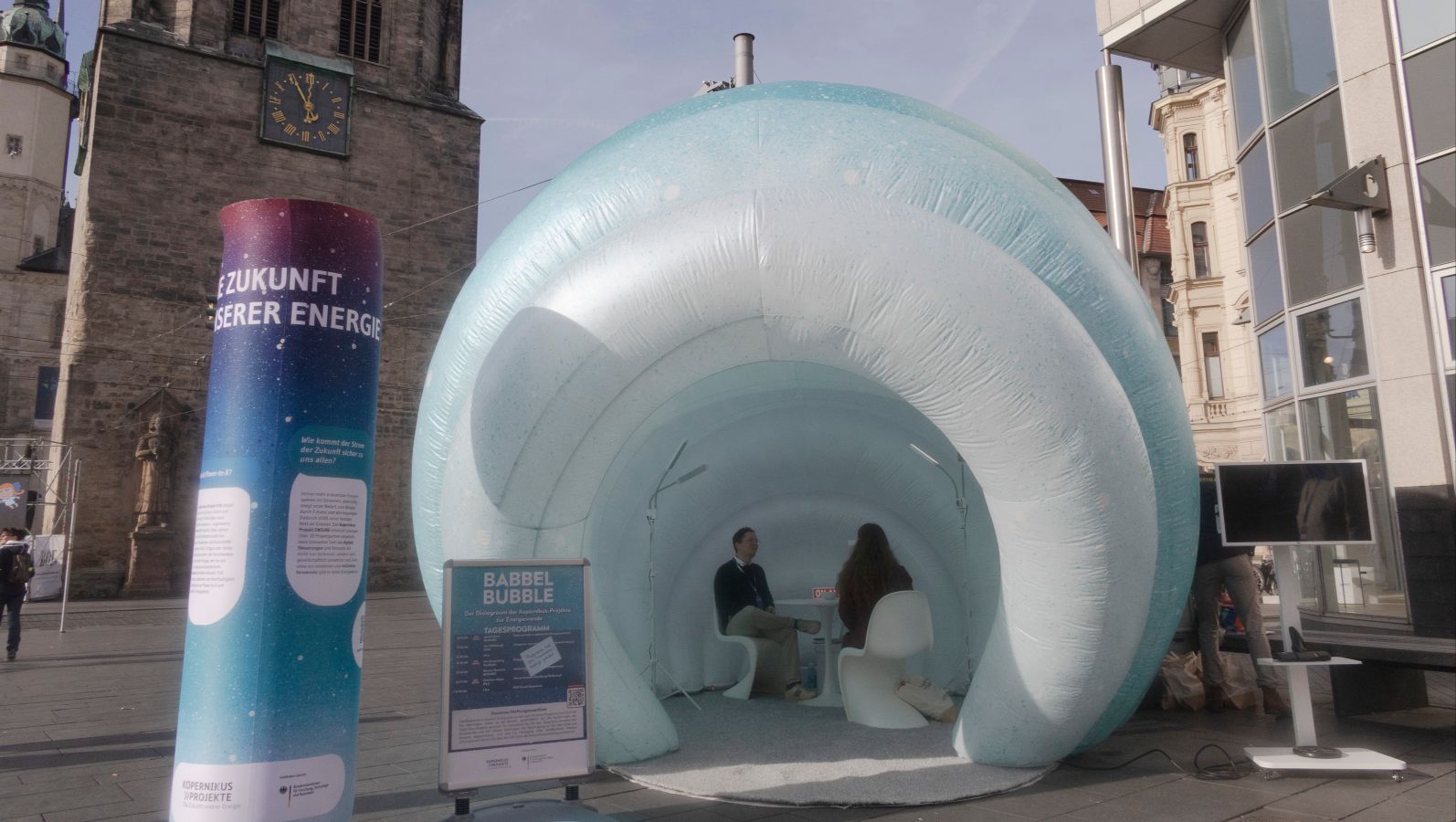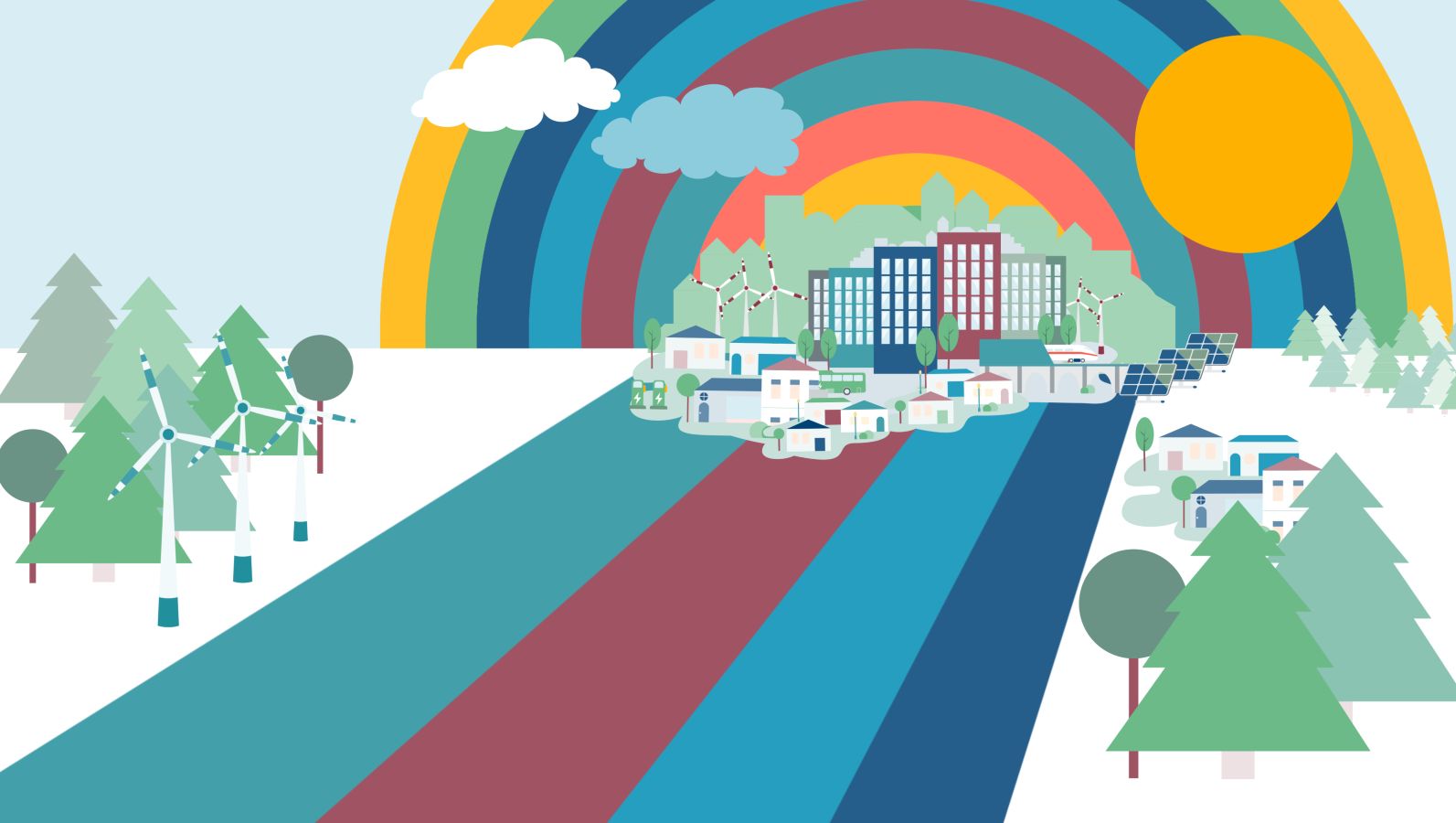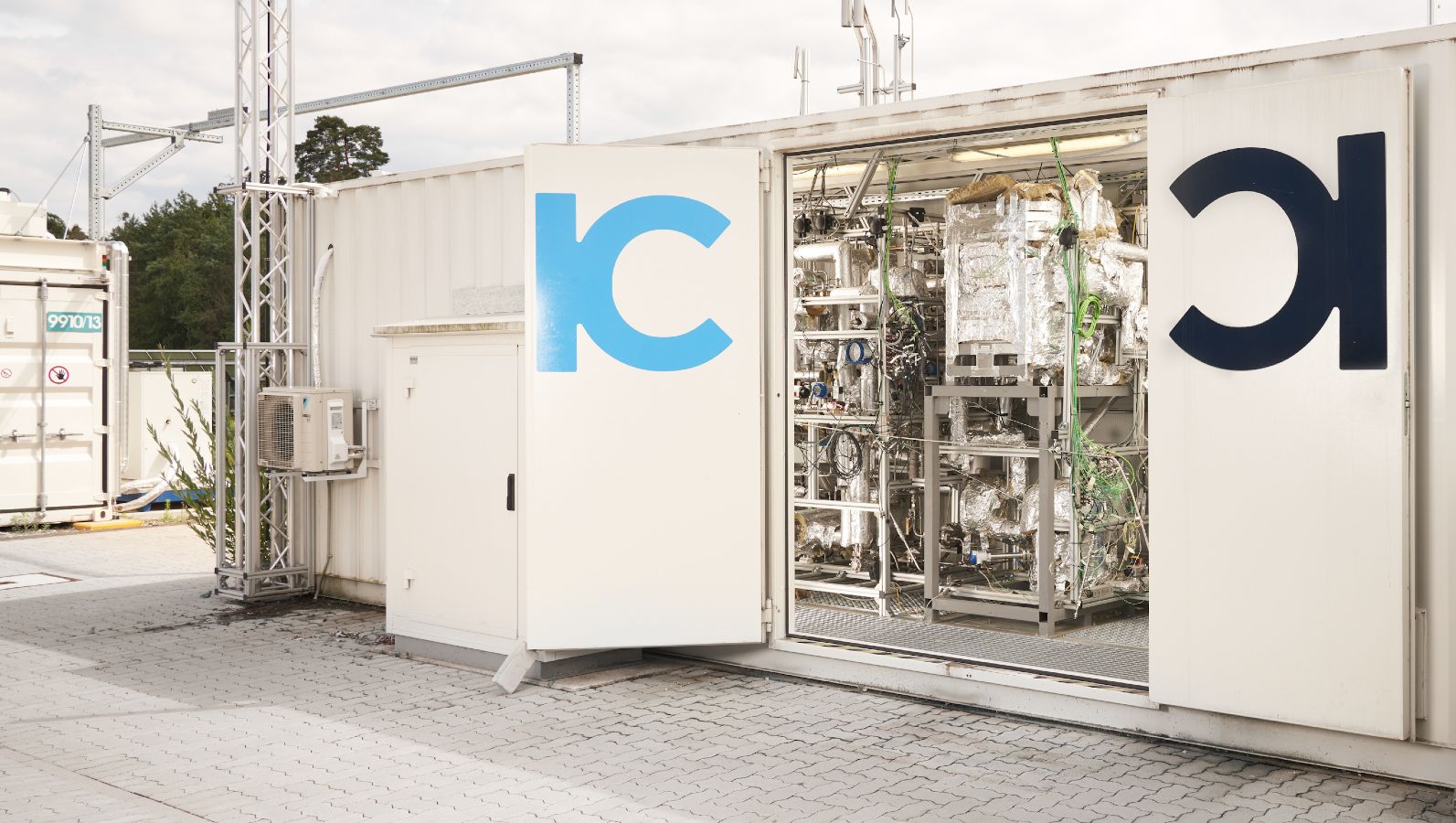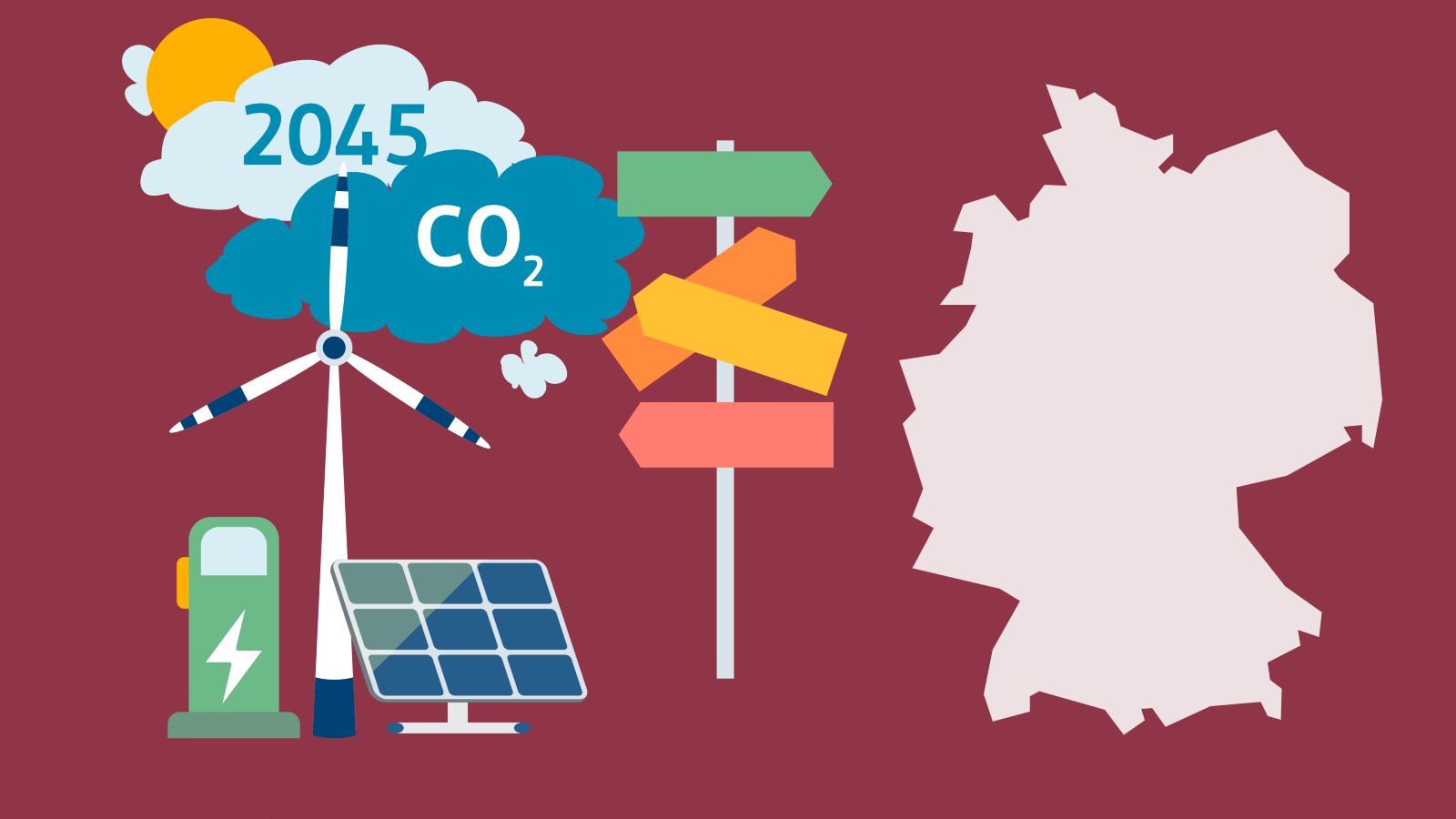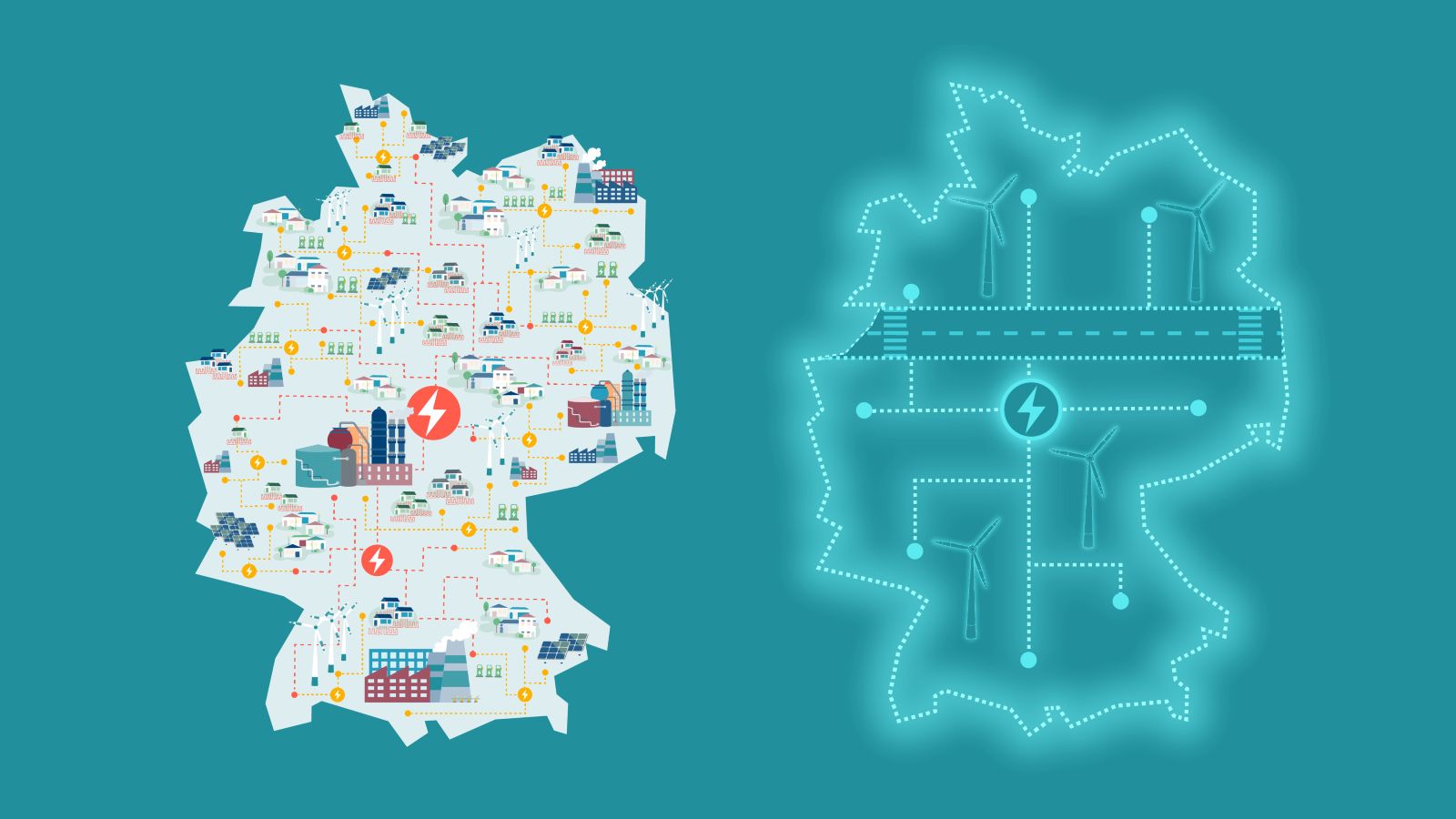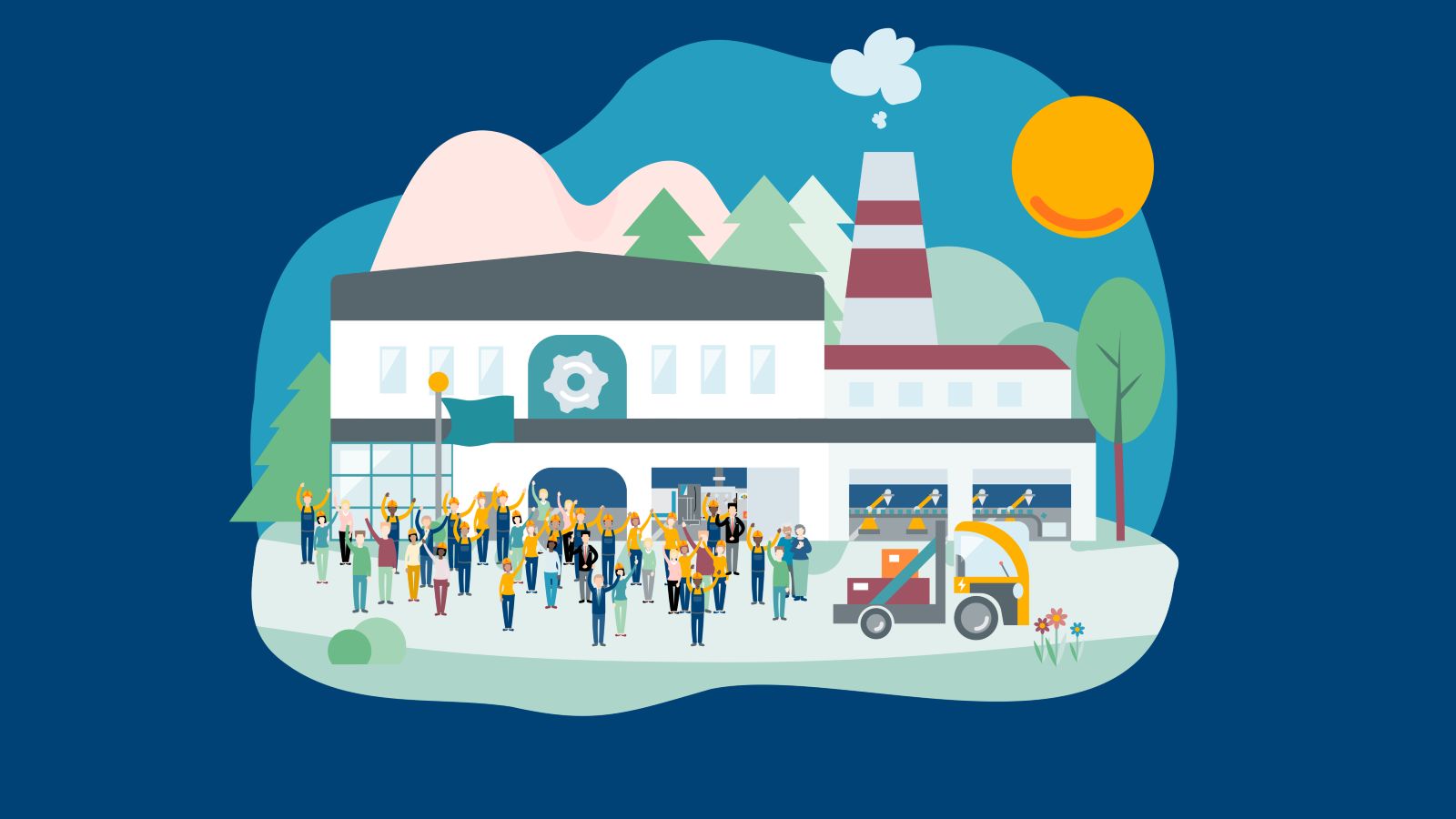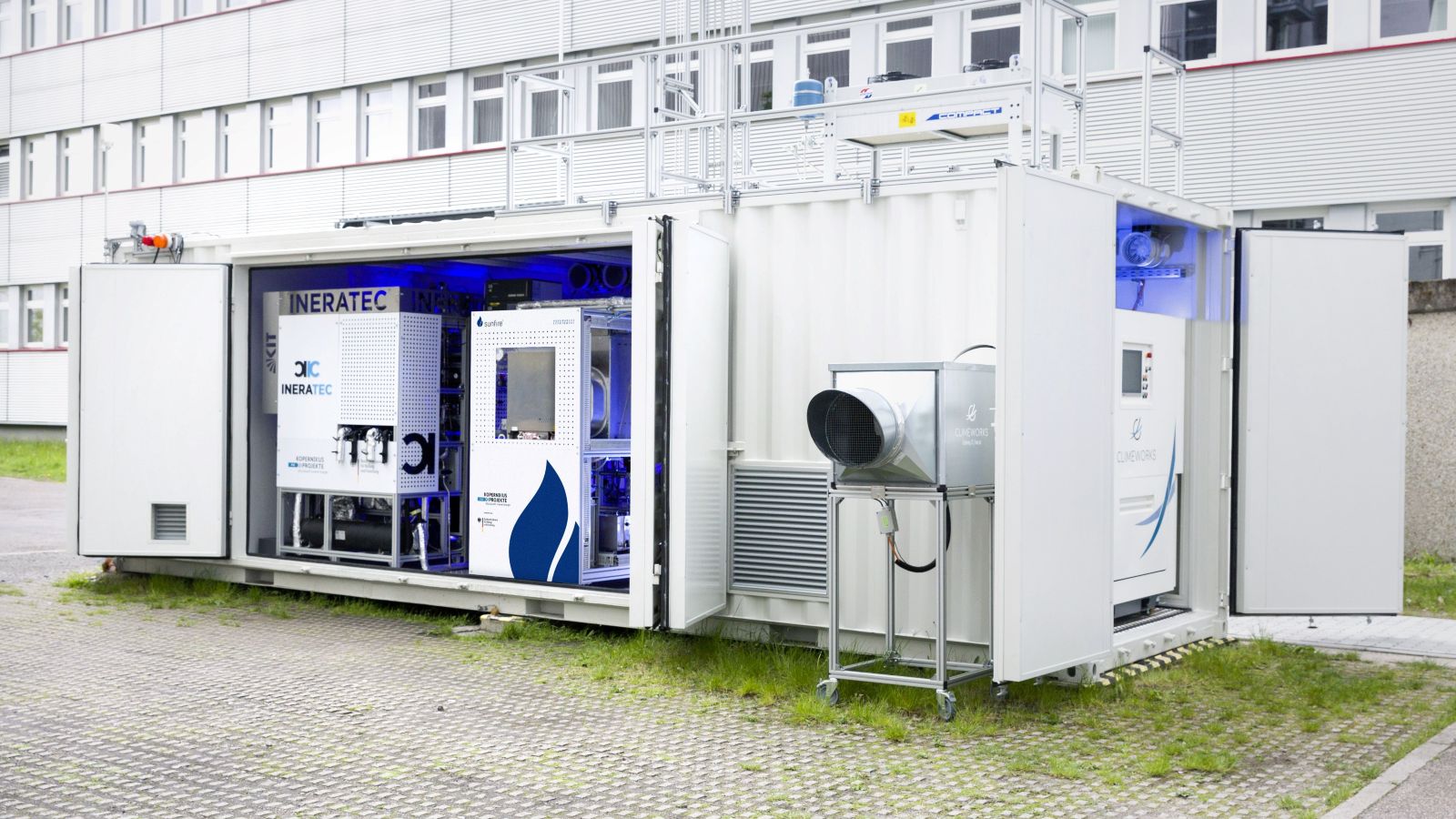THE KOPERNIKUS PROJECTS WELCOME YOU!
Rethinking Germany’s energy system and finding answers to the challenges of the energy transition – that is the bold mission of the Kopernikus Projects. On these pages, you can learn more about the four main pillars of our work. The Kopernikus Projects make a vital contribution to helping Germany achieve its climate targets by 2045.
A note on recent developments: From the outset, the Kopernikus Projects have been funded by the Federal Ministry of Education and Research (BMBF). In May 2025, this was renamed the Federal Ministry for Research, Technology and Space, abbreviated BMFTR. Older Kopernikus publications may still refer to the previous name – the Federal Ministry of Education and Research (BMBF) – and may feature the former ministry’s funding logo. The funding context, however, remains unchanged.

